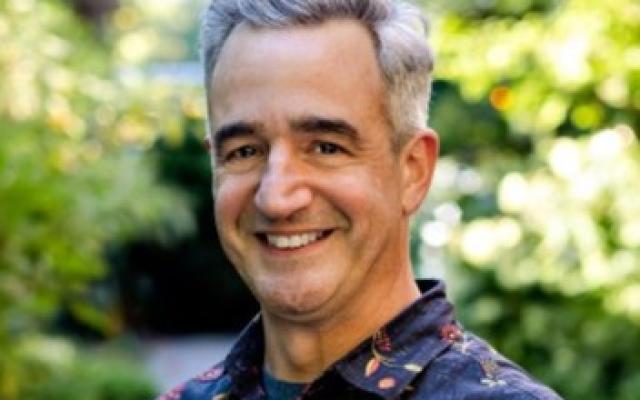
The recent surge of interest in addressing a range of social and environmental concerns through “human-centered design” has been accompanied by growing concern within the design community about the suitability of consumer product development techniques to domains outside the commercial sector. In this talk, I review recent history and criticism of human-centered design and its relation to social and environmental issues. I consider key challenges facing design practice and offer a tentative agenda for next-generation scholarship and creative activity that can contribute to ongoing struggles to advance environmental justice and human dignity.
Speaker: Tad Hirsch
Tad Hirsch is the William R. Kenan, Jr. Visiting Professorship for Distinguished Teaching at Princeton University and Professor of Art + Design at Northeastern University where he specializes in the practice and study of design for social change. He has authored over 50 peer-reviewed publications and has exhibited creative works at The Museum of Modern Art, The Victoria and Albert Museum, The Pompidou Center, MassMoCA, and The New Museum. His design work has won awards from the Interaction Design Association, the Industrial Design Society of America, Prix Ars Electronica, and the Design Ignites Change Idea Awards.
Professor Hirsch received his BA in Philosophy from Vassar College, his MDes in Interaction Design from Carnegie Mellon University, and his PhD in Media Arts and Sciences from the Massachusetts Institute of Technology. He was previously faculty at the University of Washington and worked in research labs at Intel and Motorola. He has also founded two startups focusing on machine learning and mental health. Professor Hirsch has been awarded grants from the National Institutes of Health and the Agency for Health Research and Quality and has received commissions from the Frye Art Museum, the Aldridge Museum of Contemporary Art, and Rhizome.
Who can attend?
Open to the public, the campus community, students, graduate students, undergraduates, postdocs, research scholars, faculty, staff, and alumni.
Contributions to and/or sponsorship of any event does not constitute departmental or institutional endorsement of the specific program, speakers or views presented.